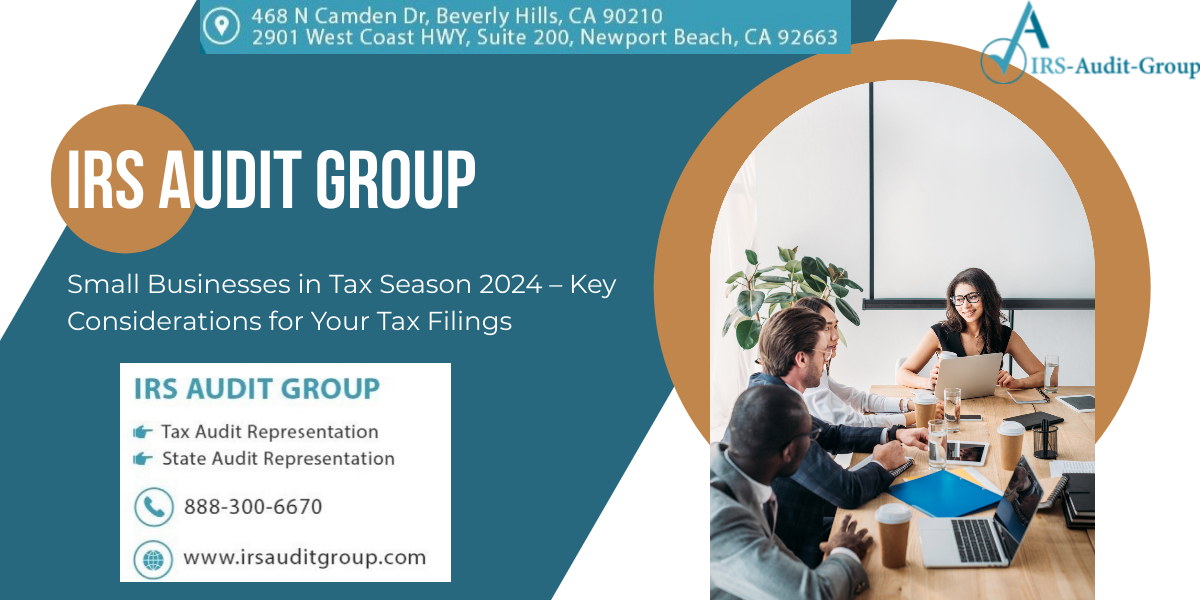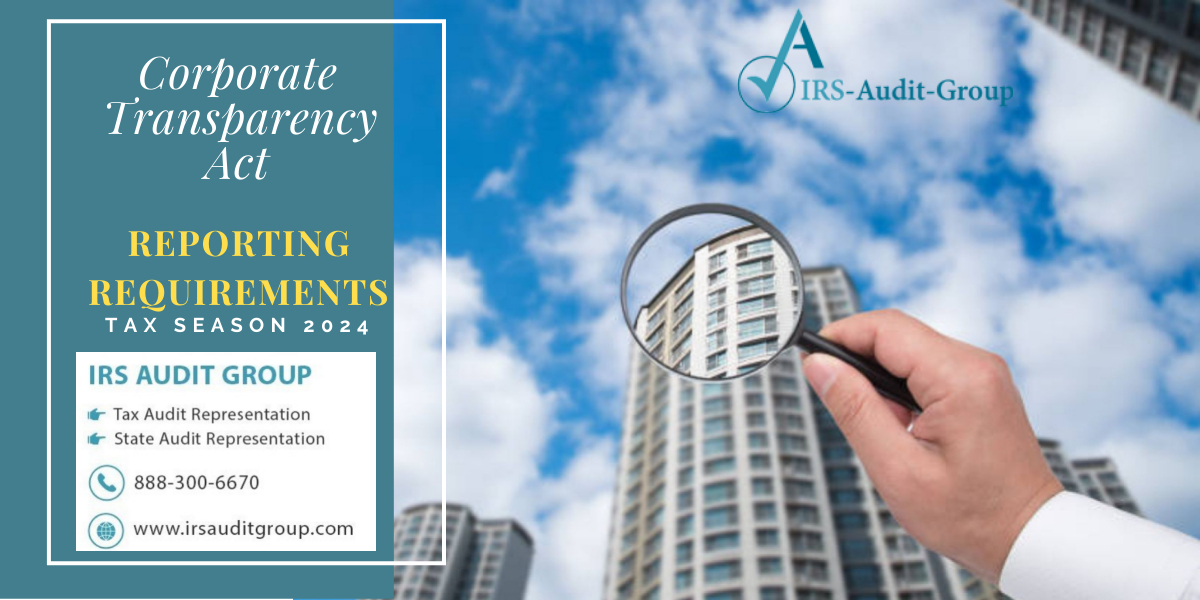In tax season 2024, the Internal Revenue Service (IRS) began to conduct thorough examinations on the utilization of corporate jets for personal reasons. Chief Executive Officers (CEOs) and other top-level executives will fall under such IRS scrutiny. This practice is a component of the IRS’s initiative to deter the misuse of corporate resources for individual benefits, as this could lead to inaccurate income reporting and tax fraud.
What is this Activity About?
IRS is actively targeting CEOs who utilize office jets for personal reasons as part of their ongoing endeavors to guarantee accurate reporting and taxation of all income, including additional benefits such as private jet usage. In instances where executives choose to employ corporate jets for personal travel, the value of this privilege is regarded as taxable income, ensuring fairness and compliance with tax regulations.
Who Should Be Aware of This?
It is crucial for CEOs, CFOs, and other high-ranking executives who possess the privilege of utilizing corporate jets to have a comprehensive understanding of the regulations and guidelines governing their usage. Equally important, accounting and tax professionals who bear the responsibility of documenting and reporting expenses associated with corporate jets should also possess a thorough knowledge of these rules. The rules and regulations pertaining to the utilization of corporate jets are of utmost importance for CEOs, CFOs, and other top executives who have the privilege of accessing these aircraft. It is imperative that they familiarize themselves with these guidelines to ensure compliance.
How to Keep Documentation on Private and Business Trips
It is crucial to have accurate documentation in order to differentiate between private and business trips. This involves keeping a comprehensive record of every flight, which should include the specific date, destination, purpose, and individuals who were on board. Furthermore, it is important to document and allocate any expenses associated with the flight, such as fuel, maintenance, and crew costs, in order to distinguish between business and personal use.
Is There a Penalty if the IRS Finds Misuse?
Should the IRS find that a CEO or any other executives have utilized a corporate jet for personal reasons inappropriately, there are potential penalties and tax implications that may follow. The executives would be required to include the value of the personal use of the jet as taxable income on their tax return. Failure to disclose this income could lead to penalties and interest accrual on the outstanding tax amount. In such cases, it is crucial for executives to accurately report any personal use of corporate assets, such as a jet, to avoid any legal repercussions.
The penalties and interest that may be imposed for failing to report personal use of a corporate jet can vary depending on the specific circumstances of the case. It is advisable for executives to seek tax professionals’ advice and guidance to ensure that they are fulfilling their tax obligations correctly and avoiding any potential legal issues. By being proactive and diligent in their tax reporting, executives can mitigate the risk of facing penalties and interest charges from the IRS.
Utilizing a private jet for personal use may result in notable tax consequences for chief executive officers and other top-level executives. Maintaining precise documentation and adhering to tax regulations are essential in order to steer clear of fines and investigations by the IRS. Consulting with a tax expert can provide valuable assistance in guaranteeing adherence to regulations and reducing the risk of tax obligations.
IRS Audit Group
IRS Audit Group consists of tax professionals, CPAs, enrolled agents, and tax attorneys. We are located in Los Angeles; California and our primary area of expertise is IRS Tax Audit Representation. However, our certified professionals cooperate and work with all IRS offices across the country. Please contact us for more information. https://irsauditgroup.com/contact/
Telephone Number: (310) 498-7508
info@irs-audit-group.com











